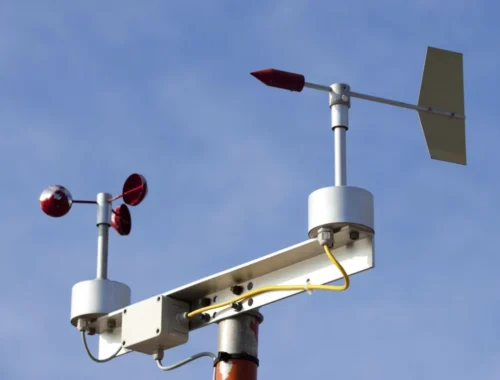Brussels’ sky high ambitions for EU aviation
An airplane takes off at Roissy-Charles-de-Gaulle airport | AFP/Getty
Brussels’ sky high ambitions for EU aviation
European Commission to launch aviation strategy — but benefits for passengers will be limited.
The European Commission on Monday unveiled a new plan to boost Europe’s aviation industry by striking deals with governments around the world.
“My vision is not just for a single European market, but a global one,” Violeta Bulc, the transport commissioner, told POLITICO ahead of the launch of a new EU aviation strategy.
The ambition is to strike back at manufacturing competition from Asia and carrier competition from the Middle East, and to put the EU at the forefront of the emerging commercial drone market.
Unlike many of its competitors — such as Turkey, which is building the world’s biggest airport in Istanbul with finance from state-backed banks — the EU has limited tools and money it can use to push its aviation strategy.
Instead of resorting to huge infrastructure projects, government subsidies or protectionism to ward off competition, the core of the Commission strategy will be to export the template it created for its internal aviation market, via a hugely ambitious set of bilateral agreements.
The Commission wants deals with China, ASEAN countries — which include Indonesia, Vietnam, Thailand and Malaysia — the Gulf states, Turkey and Mexico, in addition to its current agreements with the United States and Canada (it is also finalizing one with Brazil).
The Commission is playing a long game through the hoped-for agreements, trying to meet wider strategic objectives via an aviation hook. For example, an EU-China aviation agreement would serve as a foundation for other business, as well as carbon emissions reduction discussions; a Turkey agreement would be another building block towards Turkey’s EU membership.
An agreement with the Gulf Cooperation Council would allow the EU to rein in the government subsidies helping Gulf carriers to be the fastest-growing worldwide, instead of forcing the Commission to open lengthy antitrust or court battles to deliver a “level playing field.”
Bulc said of the choice to negotiate rather than litigate: “I believe in dialogue instead of trying to destroy each other.”
Passengers stand to benefit from an expanded range of flight routes — particularly to Southeast Asia and Latin America, if agreements are reached with ASEAN and Mexico.
However, the rest of the strategy offers passengers only slim and indirect benefits. Widely disliked rules such EU limits on liquids that can be carried in hand luggage will remain in place. Expansion of “one-stop security” is planned, so that passengers taking connecting flights inside the EU will not need to be re-screened when arriving from countries that the EU verifies as having equal security screening standards. Such agreements would, however, take years to negotiate.
On the legislative front, the Commission on Monday proposed a revision of the Aviation Safety Regulation, including a legal framework for the use of drones based on recommendations from the European Aviation Safety Agency.
Amazon, which is working on a drone delivery system for its packages, is an early supporter of the plan. “We support the pragmatic, flexible, risk-based approach to drone regulation that has been pursued by European authorities,” a spokesperson wrote on the company’s blog.
The Commission is also proposing a range of internal technical measures to ease congestion and contain the environmental impact of flying in Europe, such as enforcing shorter and more direct flight paths and using better software to direct traffic.
“It is not about wanting,” said Bulc of the measures. “Congestion means we have to do it.”
Olivier Jankovec, director general of Airports Council International Europe, said: “The Commission has gotten it right … What it has put on the table today is a commendably pragmatic approach.”
The Commission considers its internal aviation market one of its greatest successes. Price cuts of up to 90 percent for passengers since the 1980s and a massive expansion of routes thanks to low-cost carriers such as Ryanair have democratized aviation. The sector also employs close to two million people, according to the Commission.
This article was updated to include new information.
You May Also Like

Dino Game: A Timeless Classic in the World of Online Gaming
March 21, 2025
AI in Fashion: Transforming Design, Shopping, and Sustainability for the Future
March 1, 2025